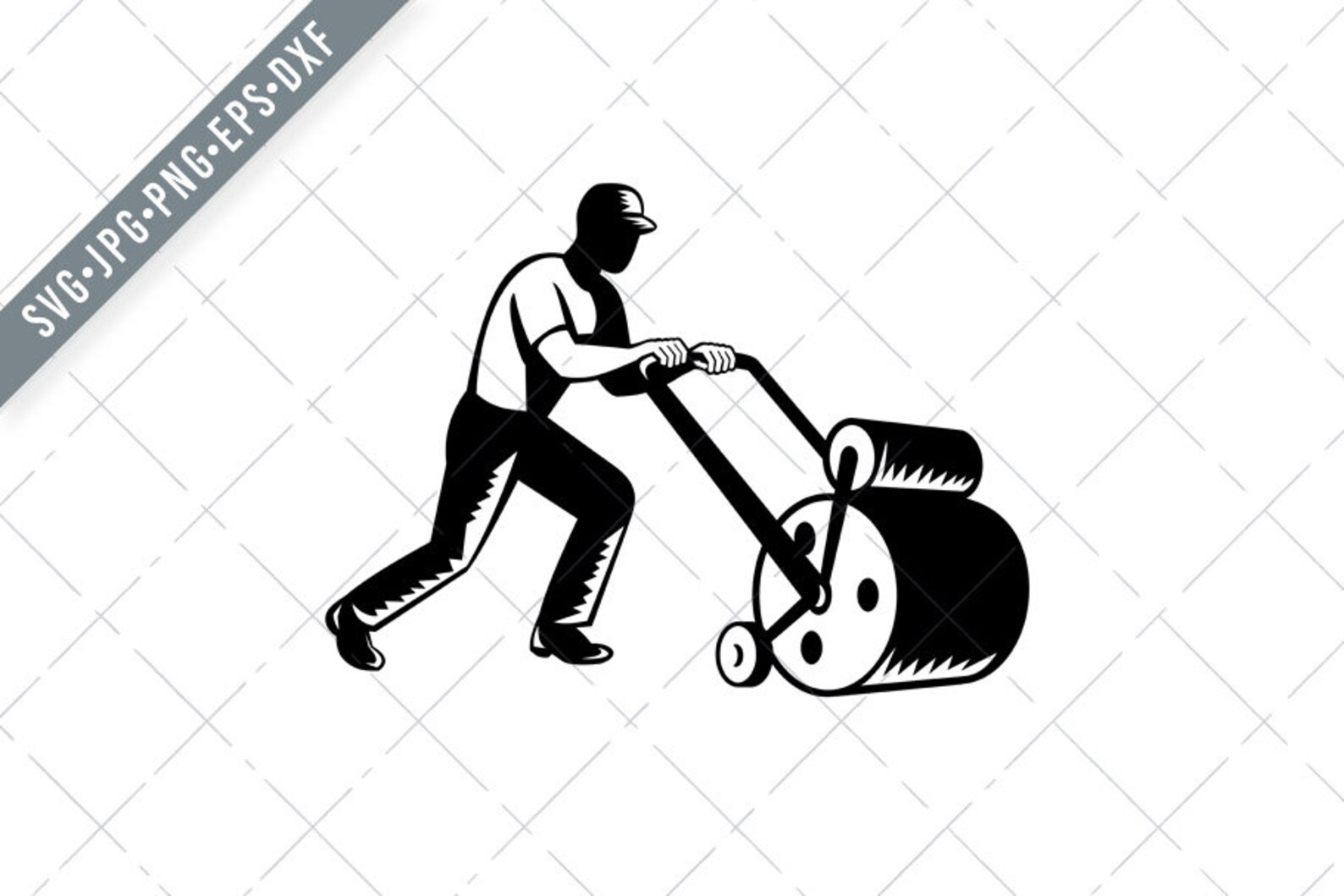

"Nothing like this has happened before, and it will probably never happen again," Conway said.Ī Microsoft spokesman declined to comment on Conway's estimates, although the economist said he has run them by company officials and was told they sound reasonable. That was 150 percent of the total annual payroll for the 99,000 employees then working at Boeing Co., the largest employer in Washington state. (The stock was worth 10 cents on that basis when the company went public in 1986.)īefore the year ended, about 8,000 Microsoft workers cashed in options worth about $8 billion - for an average payout of $1 million each, according to Dick Conway, a Seattle economist who consults for Microsoft. The stock price spiked to its all-time, split-adjusted high of $59.56. Across the country, investors were somewhat dementedly bidding up Microsoft stock, engorging the already swollen profits of option holders. It was the year before the high-tech bubble burst. To understand the kilter-knocking power of option money here, consider what happened in 1999: You got all kind of investments that were predicated on a fantasy that this flow of money would go on forever." "You got really high levels of consumer spending - houses, cars, boats - that were not sustainable. "It knocked our economy out of kilter," Pauer said. In Seattle, option wealth alone was plenty to pack a destabilizing wallop. Their wealth is based on the actual shares of stock they own in the company. Ballmer, the 16th-richest man ($11.1 billion), according to Forbes. Allen, the fourth-richest man (with $20.1 billion), or Microsoft's chief executive, Steven A. Neither did Microsoft's co-founder, Paul G. Gates, the world's richest man (with $40 billion), never received options.
#MICROSOFT GROUNDSKEEPER FERRARI FULL#
Nearly all of it, though, went to the people employed full time by Microsoft in the late 1990s. If $30 billion were distributed evenly to the 3.3 million people in the Puget Sound area, it would come to nearly $10,000 each.
#MICROSOFT GROUNDSKEEPER FERRARI HOW TO#
Yet as options recede into history, the wealth that they rained on Seattle continues to percolate - in the lives of Microsofties who are still learning how to be rich and in the character of this city where much of the money is still being spent, invested and given away.Īll told, about $30 billion in options on software company stock - nearly all of it from Microsoft - were exercised in greater Seattle between 19, according to Roberta Pauer, an economist for the Washington State Employment Security Department. Options issued since then are all but worthless. The de facto end, however, came three years ago, when Microsoft's stock price tumbled. That's where an estimated 10,000 Microsoft employees became millionaires during the era of options.įor Microsoft, that era formally ends in September, when the company stops issuing options to employees. In the high-tech boom of the 1990s, legions of geeks and their support staff wandered into wealth.Īrguably, the largest single legion served its time - and secured its fortune - in the eastern suburbs of Seattle. In the '60s, student protesters shut universities and speeded the end of a hated war. In the Great Depression, a quarter-million teenage hobos rode freight trains and scratched for jobs. They meet quarterly with financial advisers and expect never to work again.Īmerican history is defined, in part, by the trials and triumphs of its young people. Whenever he and his wife, Shari, feel like it, they catch an afternoon movie.

He takes daily banjo lessons, does office work for his church and leads children on tours of a local park. He lives now in downtown Seattle on the top floor of a building with splendid views of Puget Sound and the Olympic Mountains. He became a Microsoft millionaire and retired at 38. "I guess it's lucky I didn't."īy swallowing his pride, tossing his options statements in a desk drawer and soldiering on at Microsoft for 10 more years, Thatcher joined one of the iconic clubs of the 20th century. "I was so indignant about my job, I was going to quit," Thatcher said. Thatcher also didn't know that Microsoft's president, Bill Gates, was offering options to all full-time employees, even seething, ill-informed gofers. If the market price soars during that time, a few thousand options can turn into tons of money. It grants a right to buy stock at a fixed price over a limited time. The year was 1987, the company was Microsoft Corp., and Thatcher, a 28-year-old marketing assistant, had no idea what a stock option was.

Randall Thatcher was a gofer - fetching dry cleaning for a boss he loathed - when he received his first stock options.


 0 kommentar(er)
0 kommentar(er)
